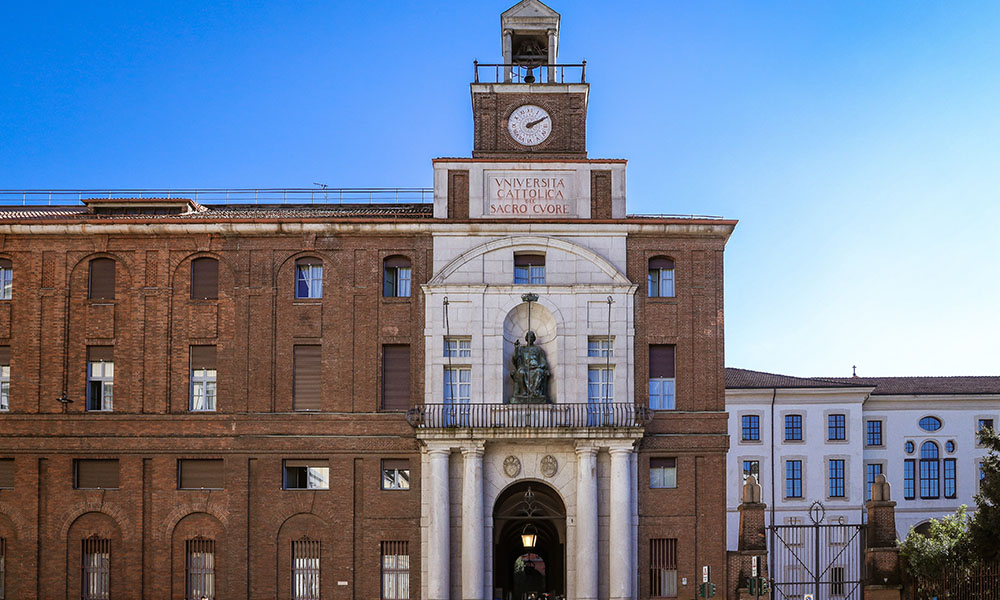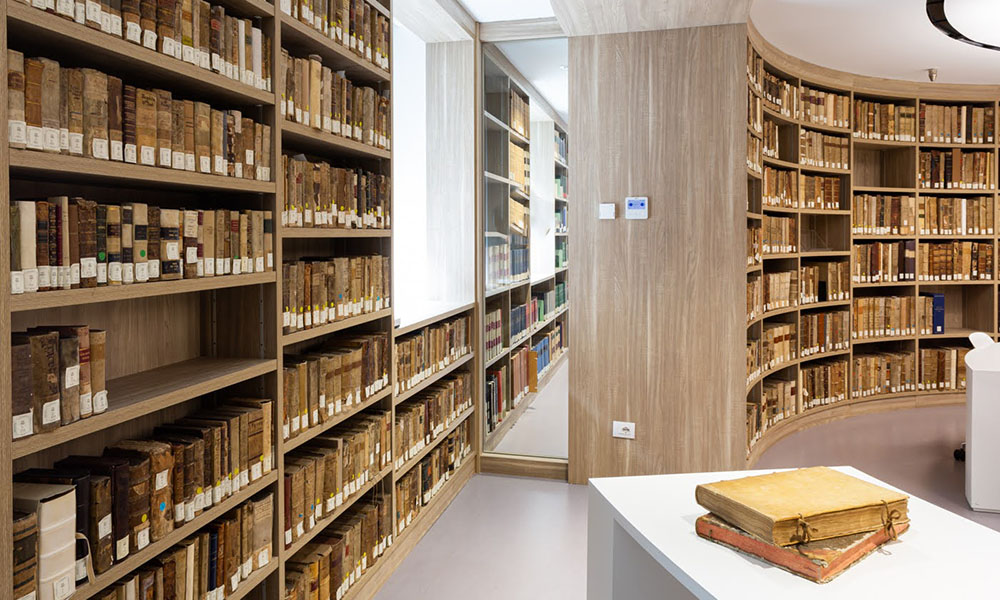Public Policies (MOST) - Gianpaolo Barbetta
Public Policies (CrimeSec - Crime & Security Analysis)
Coordinators: Francesco Calderoni, Gianpaolo Barbetta
Tenured professors: Ilaria Beretta, Barbara Boschetti, Floriana Cerniglia, Ennio Codini, Serena Favarin, Laura Maria Ferri, Luca Lionello, Rosangela Lodigiani, Martino Mazzoleni, Guido Stefano Merzoni, Luca Pesenti, Giulia Rivellini, Luca Stella, Simone Tosoni,Teodora Uberti
Contents
The Graduate Degree in Public Policy aims to provide the theoretical and practical knowledge necessary to understand, design, develop, monitor and evaluate policies and interventions (carried out by both public and private actors) in different sectors of social and economic life.
The degree programme is structured in a common part and a specific part, according to two different curricula:
- Models and Tools for Welfare Management and Sustainable Development (MOST)
- Security Policies profiles (PoliSi) / Crime and Security Analysis (CrimeSec)
The programme provides both transversal skills (which include disciplines such as economics, law, political science, sociology, statistics) and skills related to specific policies depending on the curriculum chosen by the student.
In particular, graduates must develop appropriate skills to:
- analyse policies and their implementation problems (policy analysis);
- conceive and design the different policy options (policy analysis);
- follow the implementation of policies and their monitoring (policy monitoring);
- measure and evaluate the effects produced by the policies implemented (policy evaluation), with specific reference to the sectors of crime and security, welfare, environmental and social sustainability, as well as culture.
Find out more
- Faculty of Political and Social Sciences
- Faculty Guides
- Syllabi, class schedules, exams
- Classroom changes, extraordinary and suspended classes
- iCatt | Blackboard
- Milan Student Services Centre
- Internships and placements
- ECTS Guide
- Cattolica Students’ Website
- The Milan Campus: stories, images and curiosities




